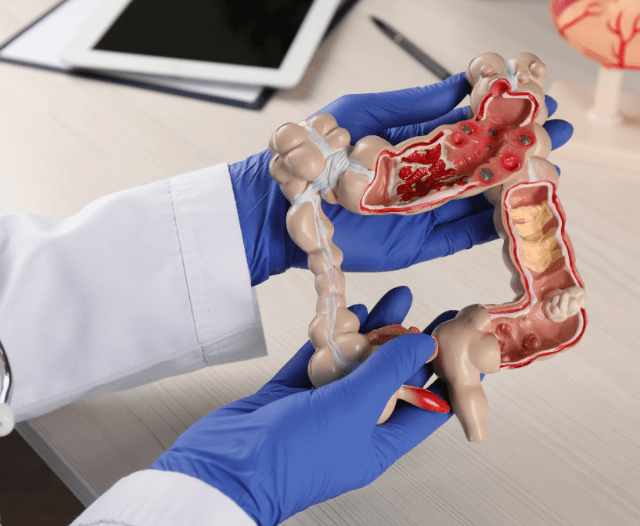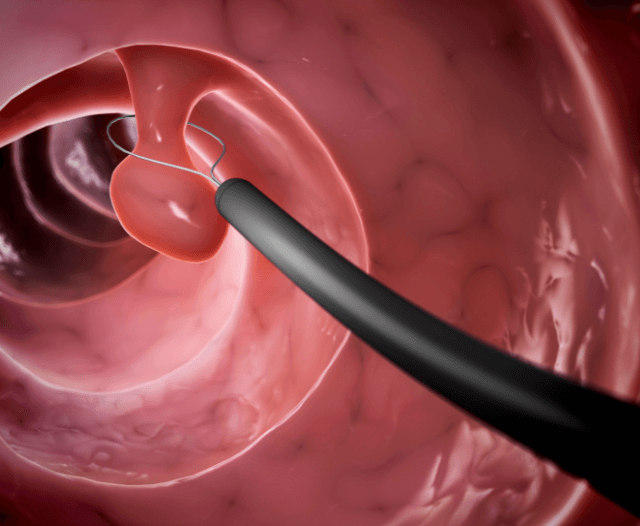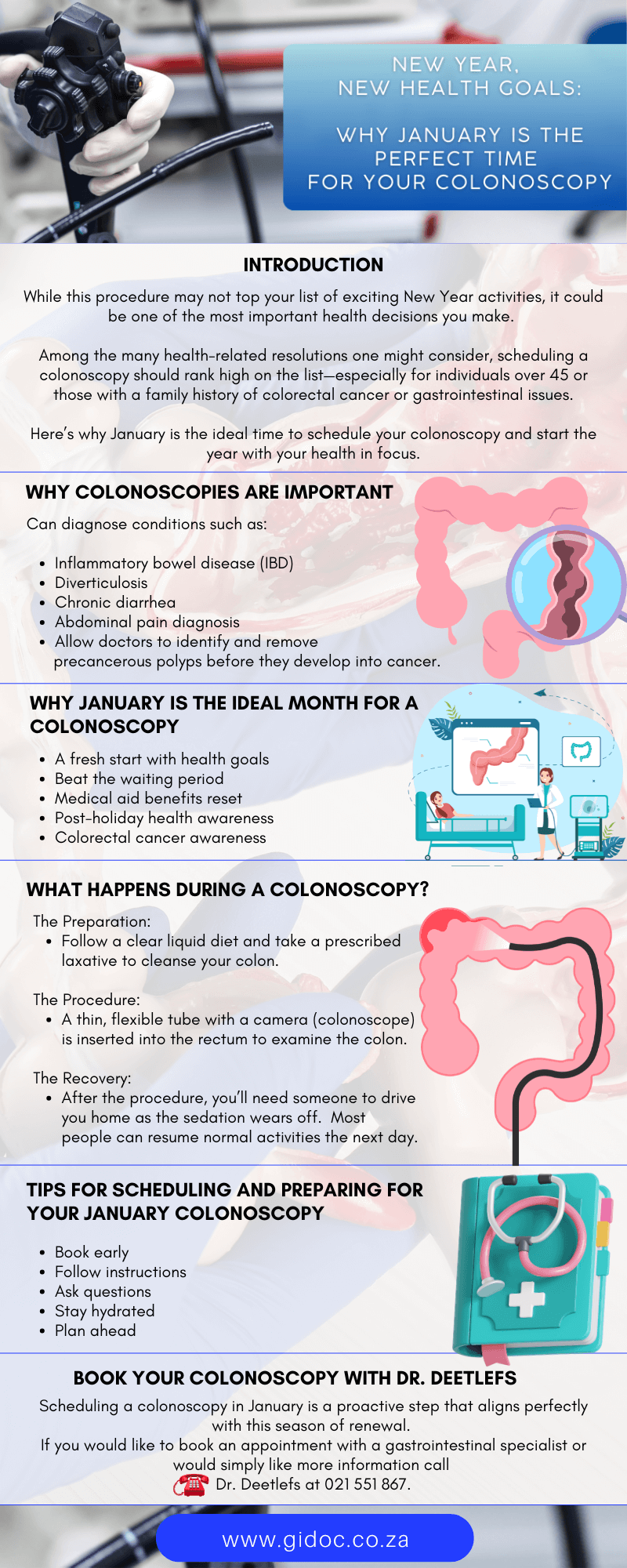The start of a new year is often filled with resolutions, fresh goals, and a renewed focus on personal health. For many people, January represents a clean slate, a chance to prioritize wellness and preventive care.
Among the many health-related resolutions one might consider, scheduling a colonoscopy should rank high on the list—especially for individuals over 45 or those with a family history of colorectal cancer or gastrointestinal issues.
A colonoscopy is a vital screening tool for the early detection of colorectal cancer and other conditions affecting the colon and rectum.
While this procedure may not top your list of exciting New Year activities, it could be one of the most important health decisions you make.
Here’s why January is the ideal time to schedule your colonoscopy and start the year with your health in focus.
Why Colonoscopies Are Important
Colorectal cancer is one of the most preventable yet deadly cancers when not detected early. Colonoscopies allow doctors to identify and remove precancerous polyps before they develop into cancer.
They can also diagnose other gastrointestinal conditions such as inflammatory bowel disease (IBD), diverticulosis, and even unexplained digestive symptoms like chronic diarrhea or abdominal pain.
The American Cancer Society recommends that individuals begin regular colorectal screenings at the age of 45, and those with risk factors or a family history of the disease should start even earlier.
Despite these guidelines, many people delay or avoid scheduling their colonoscopy. Often, this reluctance stems from misconceptions, fear of the procedure, or busy schedules.
January offers the perfect opportunity to take that first step toward prevention, as we explain below.

Why January Is the Ideal Month for a Colonoscopy
A Fresh Start with Health Goals
The New Year is synonymous with setting new health priorities. Many people commit to eating healthier, exercising more, and scheduling important medical check-ups.
Scheduling a colonoscopy in January aligns with this “fresh start” mindset, making it a practical first step in your health journey.
Beginning the year with this crucial screening sets the tone for prioritizing your overall well-being.
Beat the Spring Rush
Many people procrastinate on scheduling medical appointments until later in the year. By booking your colonoscopy in January, you can avoid the rush of spring and summer appointments, ensuring that your preferred dates are available.
Doctors’ offices and clinics are often less busy in January, making it easier to secure a time that works for you.
Insurance Benefits Reset
For many people, January marks the start of a new insurance year. Deductibles reset, and out-of-pocket maximums begin anew.
If you meet your deductible early by scheduling a colonoscopy in January, subsequent medical visits and procedures for the rest of the year may be more affordable. This financial incentive is a significant motivator for scheduling medical procedures at the beginning of the year.
Post-Holiday Health Awareness
After weeks of holiday indulgence—think heavy meals, sugary treats, and alcoholic beverages—it’s natural to feel the need for a health reset.
January is often the time people reflect on their habits and consider healthier choices. A colonoscopy is a proactive step in this direction, allowing you to assess your digestive health and make necessary adjustments.
Colorectal Cancer Awareness
Although March is officially Colorectal Cancer Awareness Month, scheduling your colonoscopy in January gives you a head start.
By taking action early in the year, you can raise awareness among friends and family about the importance of this screening, encouraging them to prioritize their health as well.

What Happens During a Colonoscopy?
Understanding what to expect during a colonoscopy can help alleviate any anxiety or hesitation. Here’s a brief overview of the process:
- Preparation (The Day Before)
The most challenging part of a colonoscopy is the preparation. You’ll be asked to follow a clear liquid diet and take a prescribed laxative to cleanse your colon. While this may be inconvenient, it’s essential for ensuring accurate results. - The Procedure
During the colonoscopy, a thin, flexible tube with a camera (colonoscope) is inserted into the rectum to examine the colon. The procedure typically lasts about 30-60 minutes, and you’ll be under sedation to ensure comfort. - Recovery
After the procedure, you’ll need someone to drive you home as the sedation wears off. Most people feel normal within a few hours and can return to their regular activities the following day.
While the preparation may seem daunting, the benefits of a colonoscopy far outweigh any temporary discomfort.
Addressing Common Concerns About Colonoscopies
- “I don’t have symptoms, so I don’t need one.”
Colorectal cancer often develops without symptoms in its early stages, making screenings essential for early detection. A colonoscopy can identify issues before they cause noticeable problems. - “The prep is too difficult.”
While the preparation process isn’t fun, modern laxative solutions are often more tolerable than in the past. Following your doctor’s instructions will make the process smoother and more effective. - “It’s embarrassing.”
Medical professionals perform colonoscopies regularly and are focused on your health, not judgment. The procedure is conducted with the utmost respect for your privacy and comfort. - “I’m afraid of the results.”
While it’s natural to feel anxious about potential findings, remember that early detection significantly increases the chances of successful treatment. Ignoring the need for a colonoscopy only delays addressing potential issues.

Tips for Scheduling and Preparing for Your January Colonoscopy
- Book Early: Reach out to your gastroenterologist or primary care provider to secure an appointment that fits your schedule.
- Follow Instructions: Adhere closely to the preparation guidelines provided by your doctor to ensure accurate results.
- Ask Questions: Don’t hesitate to ask your doctor about the procedure, preparation, or any concerns you may have.
- Stay Hydrated: Drink plenty of fluids during the preparation phase to stay comfortable and hydrated.
- Plan Ahead: Arrange for a day off work and a friend or family member to accompany you on the day of the procedure.
The Benefits of Early Detection
A colonoscopy can detect and remove precancerous polyps, reducing the risk of colorectal cancer by up to 90%. It’s also highly effective in diagnosing other gastrointestinal conditions.
Early detection means less invasive treatment options, better outcomes, and peace of mind for you and your loved ones.

Inspiring Others to Take Action
By scheduling your colonoscopy in January, you not only take control of your own health but also set an example for others.
Talk openly with friends and family about the importance of this screening.
Sharing your experience can encourage loved ones to prioritize their health and schedule their own colonoscopies.

Conclusion
The New Year is a time for setting goals and making resolutions, and prioritizing your health should be at the top of the list.
Scheduling a colonoscopy in January is a proactive step that aligns perfectly with this season of renewal.
It’s an opportunity to invest in your long-term health, detect potential issues early, and start the year with peace of mind.
Don’t let fear, misconceptions, or a busy schedule hold you back. Take the initiative to book your colonoscopy today and make 2024 the year you prioritize your health.
After all, there’s no better resolution than safeguarding your well-being and ensuring a healthier future for yourself and your loved ones.
Get in Contact with Dr. Deetlefs
If you would like to book an appointment with a gastrointestinal (GI) specialist or would simply like more information on a particular GI topic, don’t hesitate to use our online booking form or call Dr. Deetlefs at 021 551 867.
DISCLAIMER: PLEASE READ CAREFULLY
The information on this website is to provide general guidance. In no way does any of the information provided reflect definitive medical advice and self-diagnoses should not be made based on information obtained online. It is important to consult a Gastroenterologist or medical doctor regarding ANY and ALL symptoms or signs including, but not limited to: abdominal pain, haemorrhoids or anal / rectal bleeding as it may a sign of a serious illness or condition. A thorough consultation and examination should ALWAYS be performed for an accurate diagnosis and treatment plan. Be sure to call a physician or call our office today and schedule a consultation.
© Dr. Eduan Deetlefs, Registered Gastroenterologist, GI Doc Cape Town
Our website information is not intended or implied to be a substitute for professional medical advice, diagnosis or treatment. Please consult a doctor about your specific condition. Only a trained physician can determine an accurate diagnosis and proper treatment.


